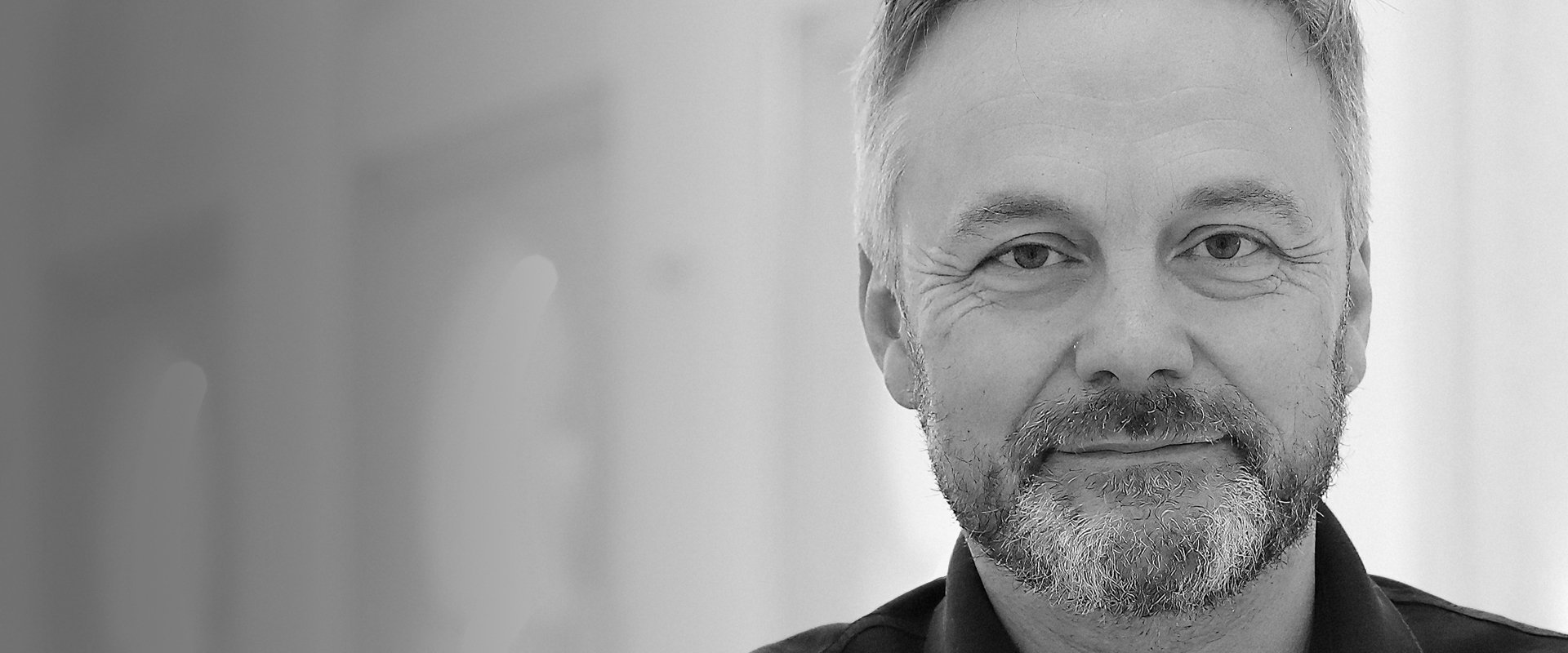
A CEO
must be able to
both zoom in,
and out
In our latest Up-Close interview, we speak with Laurent Le Moal, Board Director at Remitly and former Global CEO at PayU Group.
Why did you join PayU?
If I look back at my career, I truly believe in serendipity and luck has played a key part in that. I left PayPal as I felt it was the right time to leave, whilst I only had fond memories. When you leave a company that has everything going for it, you only do it to push yourself and challenge yourself into a new phase of growth. In fact, an important lesson for any leader is to know when to leave without becoming stale. After exploring the market, I ended up having a conversation with an exec at Naspers who told me about an opportunity within the group that needed a new CEO, and that was PayU.
I always think in terms of odds, the odds something is going to work, the odds something is going to fail. I came back with the conclusion that PayU sounded like a great opportunity with some real risks and unknowns but that it would give me the opportunity to build an amazing team, building on the foundations that already existed.
What kept you at PayU for a lengthy tenure, and what prompted your decision to eventually move on?
In short, because of a real sense of commitment to my team. It is wise to always place your bets very early on, I never think it is a good idea to be too cautious at an early point; that way you can learn from your mistakes. As an executive team, we had complete autonomy; yet we had fantastic resources from the wider group. We were able to keep raising the stakes, launching new products, and I was able to consistently redefine the space I wanted to play within. We took a company that was loss-making to profitable, increased the value of the business by 10x, and built the most extraordinary team. For me, after 8 years and having checked so many goals off my list, it made me think I needed to begin a new chapter in my career. I decided to stay as a board director, after relinquishing my CEO role, because I want to continue to support the business as it gears up to IPO, but, I felt it was important to hand over the reins to a new leader who could breathe new life into the business.
If you look back at your time at PayU, what are you most proud of?
The fact that I managed to complete a double transformation. The first transformation completed was taking PayU from being a pure payments company to a financial services company (offering payments, consumer credit, and numerous other complex services). The second transformation is more personal, and it came in the form of developing from not just being an operator but to becoming more of a strategic investor. At PayU, we were very strong at M&A, but this is not a strategy, it is just a tool. It is worthing noting, that the problem with M&A is that there is a lot of hubris that comes with it - it is a big distraction for the team and the CEO; it can really disrupt business as usual.
What are the most important attributes of a CEO?
It is first and foremost fundamental to have the ability to know how to and be able to assemble an exceptional team. If you put up with mediocre people, they will simply drag you down, and it means you must be ruthless. You cannot concern yourself in the business of being popular nor liked. It is crucial to identify both the weaknesses and strengths of an existing team quickly and identify a plan of action. Secondly, a CEO should be able to adjust, zoom in, and zoom out of each topic. There is no level of detail in a CEO’s business beneath them that they should not be aware of.
Fundamentally, the role of a CEO is to frame problems in the best way possible and let the team find the solution. The clarity in a CEO’s communication of a problem is, however, crucial as it dictates how well the team will be able to find a solution to the problem. And finally, like in any role, being a kind, decent human being with a good sense of humour is vital. Humour can help navigate cultural differences and establish a sense of common ground and mutual understanding.
“One of my mantras has always been that “please” and “thank you” gets you far in the business world; some people really forget that along the way.”
As a CEO, how have you responded to the emergence of AI?
The attributes I am about to discuss are not necessarily my attributes, rather what I have observed over the years. The best CEOs I have worked with and observed, have a deep intelligence, and really understand what makes their business tick, and intuitively understand the various levers within their business. Additionally, I think an innate ability to recognise, empower, develop and reward stars within a business is fundamental to a CEO’s success. They should have real humility, respect and humbleness for both customer and colleagues. One of my mantras has always been that “please” and “thank you” gets you far in the business world; some people really forget that along the way.


